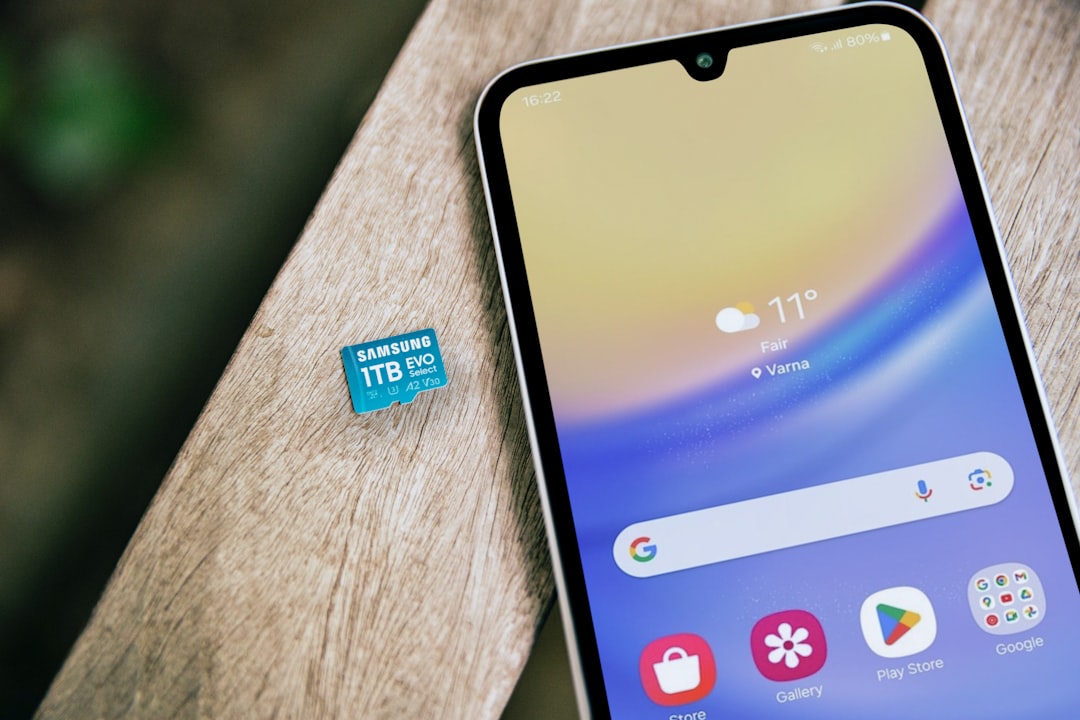In Massachusetts, tutoring services using autodialers for marketing must comply with strict state laws to protect consumers from unwanted calls. These regulations mandate prior express consent and opt-out options during each call, with violations potentially leading to fines, reputation damage, and legal issues. Tutors should consult a qualified autodialer Lawyer Massachusetts for guidance in navigating these complex rules, which include obtaining explicit or implicit permission through sign-up forms, clear communication of opt-out rights, and adherence to Do Not Call lists. Following best practices ensures compliance, protects business reputation, and avoids significant penalties.
In the digital age, tutoring services are evolving rapidly, with autodialer software becoming a popular marketing tool. However, navigating the legal landscape surrounding autodialers can be complex, especially for educators in Massachusetts. This comprehensive guide aims to demystify autodialer laws and equip Palmer tutors with essential knowledge. From understanding consent to exploring legal implications, we’ll cover everything educators need to know to utilize autodialing software effectively while staying compliant.
Understanding Autodialer Laws: A Comprehensive Guide for Tutors in Massachusetts

In Massachusetts, the use of autodialers for marketing purposes is regulated by state laws designed to protect consumers from unwanted phone calls. These regulations are particularly relevant for tutoring services looking to reach potential students and families. Understanding and adhering to these laws is crucial for tutors to ensure compliance and maintain a positive reputation.
Autodialer laws in Massachusetts govern how businesses can use automated dialing systems to make outbound telephone calls. Tutors employing autodialers must adhere to strict guidelines, including obtaining prior express consent from recipients before making calls and providing an opt-out option during each call. Violating these rules can result in significant fines, damage to a tutor’s professional standing, and legal repercussions. A qualified autodialer lawyer in Massachusetts can guide educators through this complex landscape, ensuring they utilize these technologies effectively while respecting consumer rights.
What Constitutes Consent and How Does it Apply to Tutor Marketing?

In the context of tutoring services, consent is a critical aspect of ethical marketing and communication with potential clients. It involves the explicit or implicit permission from individuals to receive calls or messages from your tutoring business. When using an autodialer in Massachusetts, it’s crucial to understand what constitutes consent and how it applies to your marketing strategies.
Consent can be obtained through various methods, such as a sign-up form on your website, opt-in boxes during registration, or direct verbal agreement over the phone. It should be clearly communicated that individuals have the right to refuse or opt-out of receiving calls at any time. Massachusetts laws regarding autodialers emphasize the importance of consent to ensure consumers’ privacy and protect them from unwanted marketing practices. Therefore, tutors and educators using autodialers must adhere to these regulations, ensuring compliance to avoid legal repercussions and maintain a professional reputation.
The Do's and Don'ts of Using Autodialers for Tutoring Services

Using an autodialer for tutoring services can be a double-edged sword. On one hand, it allows educators to reach more students and efficiently manage their communications. However, there are strict regulations in place to protect consumers from unwanted calls, and violators often face severe penalties. In Massachusetts, for instance, an autodialer lawyer can guide you through the legal intricacies of using automated calling systems.
Do’s include ensuring explicit consent from potential clients before making any automated calls, providing a clear opt-out mechanism, and adhering to state and federal Do Not Call lists. Don’ts involve making calls without permission, failing to identify your tutoring service in each message, or using deceptive tactics to entice students to sign up. Always stay informed about the latest regulations and consult with an autodialer lawyer Massachusetts if you have any doubts to ensure compliance and protect your business’s reputation.
Legal Implications and Best Practices for Tutors Using Autodialing Software

The use of autodialer software in tutoring services, while efficient for marketing and outreach, comes with legal considerations that educators must be aware of. In Massachusetts, as in many jurisdictions, automated dialing systems are subject to regulations designed to protect consumers from unwanted or deceptive communications. Educators using autodialing software should familiarize themselves with these laws, such as the Telephone Consumer Protection Act (TCPA), which prohibits automated calls unless the recipient has given explicit consent. Violations can result in significant fines and legal repercussions for tutoring services.
To navigate these legal implications, tutors should adopt best practices that ensure compliance. This includes obtaining prior express written consent from parents or guardians before dialing their contact information, providing an easy way to opt-out of future calls, and maintaining accurate records of consent. Additionally, transparency is key; clearly communicate the use of autodialing software in your marketing efforts to avoid any misperceptions or complaints. By adhering to these best practices, tutors can protect themselves legally while leveraging technology to grow their tutoring services effectively.






